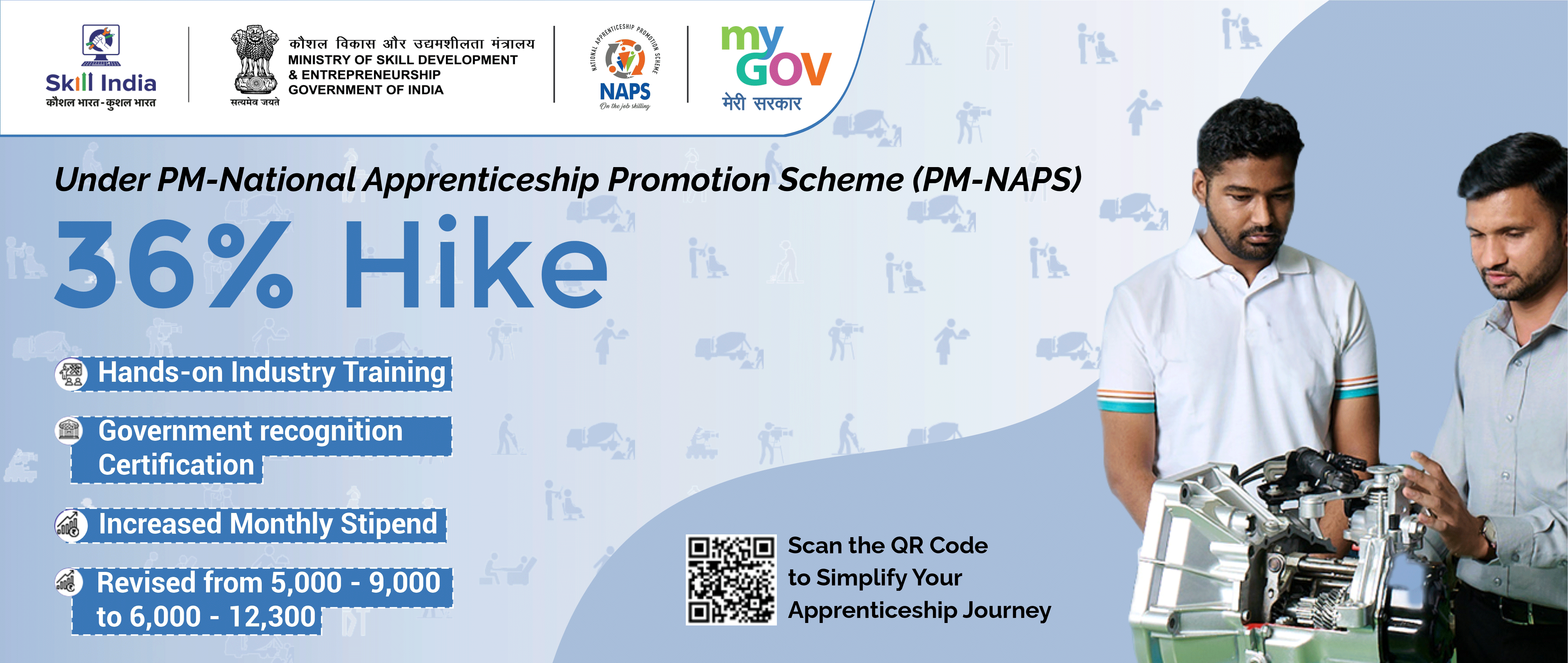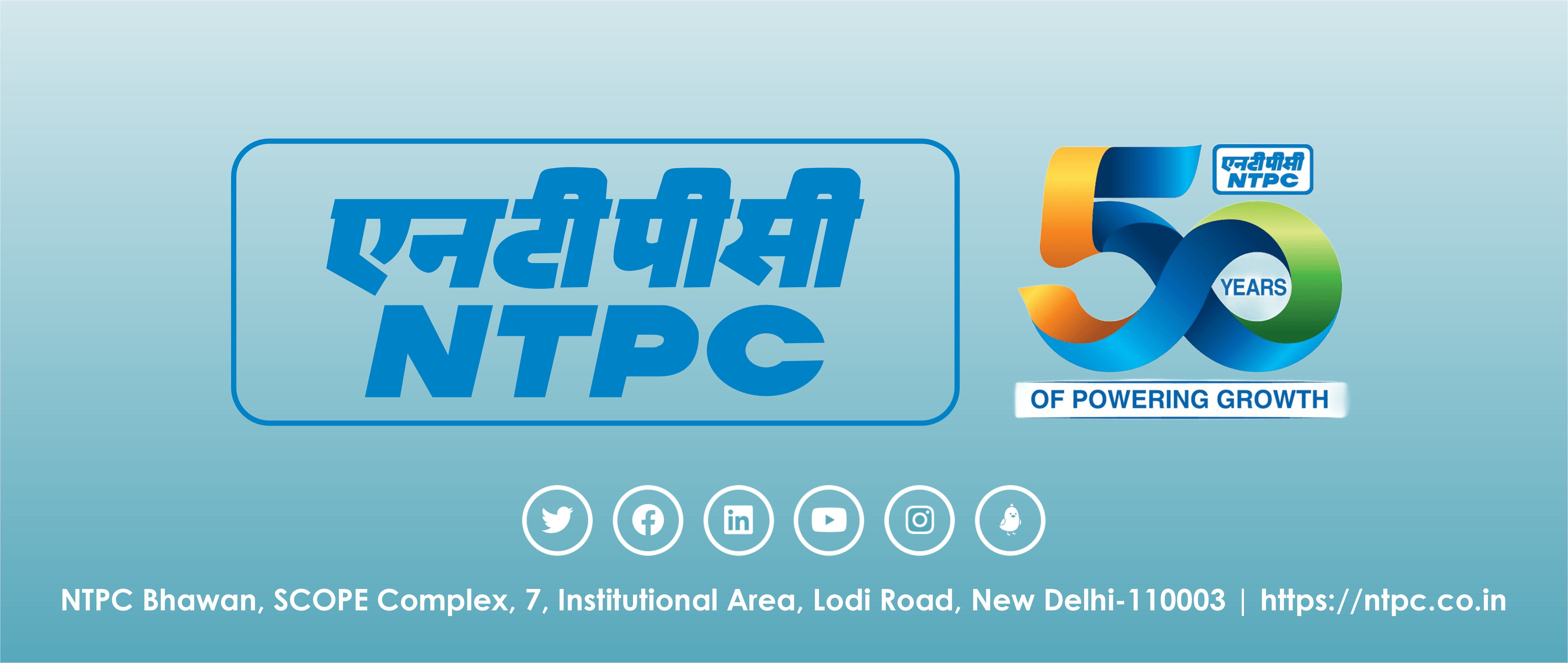TO RECIEVE EXCLUSIVE POSTS AND NEWS
![]() The Nuclear Suppliers Group plenary in Seoul concluded on Friday without progress on India's bid for membership. But one good thing came out of that: China's evident plan to keep India hyphenated with Pakistan became clear to all including New Delhi, which has been seen mollycoddling Beijing for the past several years. There has been a prolonged phase of blatant infatuation, despite suffering over the years a huge trade deficit that hit the top of $52 billion in the fiscal 2015-16. This is as much as one-third of the country's total trade deficit and more than $42 billion offered by China to build the Gwadar port and interconnected highways right up to Xinjiang.
"China's diplomacy at NSG indicates its reliance on Pakistan to deal with issues at home like the rise of extremism and anti-Beijing resistance in Xinxiang province where Pakistan has proved to be helpful in containing opposition to Beijing. Pakistan also helps China by preventing the Organisation of Islamic Countries from criticising China on its policies in Xinjiang. China wants to keep South Asia hyphenated and that will lead to more tense ties with India," said Ranjit Singh Kalha, former Secretary of the Ministry of External Affairs (The Hindu, June 25).
The failed bid raise disturbing questions about NaMo's diplomatic skills and vision. Even before the Prime Minister and the President of India mounted a diplomatic offensive to win friends including China for NSG membership in the face of clear unfriendly signals from Beijing, it was pointed out to NaMo that he shouldn't be in a hurry to push for India's membership of NSG especially since there was already a waiver since 2008 without a sunset clause.
External Affairs Minister Sushma Swaraj didn't help the matter either through her fallacious simile of being inside versus outside. There is no antechamber in the NSG club; it exists there in the UN Security Council where non-members have to literally sit in an adjoining waiting room for the outcome of any P-5 meeting.
Of late, India has been hitting back the Chinese in the language they are most conversant with. The recent Malabar naval exercise 16, conducted by India, US, and Japan in Japanese waters is one such language. The other, if skilfully used by New Delhi, of providing Hanoi with Brahmos cruise missiles along with nuclear materials, may raise the hackles of China but will eventually persuade them to behave in a more responsible manner. This sophistication has to be extended to trade matters by denying Beijing the current unlimited access to Indian markets.
By M K Shukla & Rakesh Ranjan
The Nuclear Suppliers Group plenary in Seoul concluded on Friday without progress on India's bid for membership. But one good thing came out of that: China's evident plan to keep India hyphenated with Pakistan became clear to all including New Delhi, which has been seen mollycoddling Beijing for the past several years. There has been a prolonged phase of blatant infatuation, despite suffering over the years a huge trade deficit that hit the top of $52 billion in the fiscal 2015-16. This is as much as one-third of the country's total trade deficit and more than $42 billion offered by China to build the Gwadar port and interconnected highways right up to Xinjiang.
"China's diplomacy at NSG indicates its reliance on Pakistan to deal with issues at home like the rise of extremism and anti-Beijing resistance in Xinxiang province where Pakistan has proved to be helpful in containing opposition to Beijing. Pakistan also helps China by preventing the Organisation of Islamic Countries from criticising China on its policies in Xinjiang. China wants to keep South Asia hyphenated and that will lead to more tense ties with India," said Ranjit Singh Kalha, former Secretary of the Ministry of External Affairs (The Hindu, June 25).
The failed bid raise disturbing questions about NaMo's diplomatic skills and vision. Even before the Prime Minister and the President of India mounted a diplomatic offensive to win friends including China for NSG membership in the face of clear unfriendly signals from Beijing, it was pointed out to NaMo that he shouldn't be in a hurry to push for India's membership of NSG especially since there was already a waiver since 2008 without a sunset clause.
External Affairs Minister Sushma Swaraj didn't help the matter either through her fallacious simile of being inside versus outside. There is no antechamber in the NSG club; it exists there in the UN Security Council where non-members have to literally sit in an adjoining waiting room for the outcome of any P-5 meeting.
Of late, India has been hitting back the Chinese in the language they are most conversant with. The recent Malabar naval exercise 16, conducted by India, US, and Japan in Japanese waters is one such language. The other, if skilfully used by New Delhi, of providing Hanoi with Brahmos cruise missiles along with nuclear materials, may raise the hackles of China but will eventually persuade them to behave in a more responsible manner. This sophistication has to be extended to trade matters by denying Beijing the current unlimited access to Indian markets.
By M K Shukla & Rakesh Ranjan























